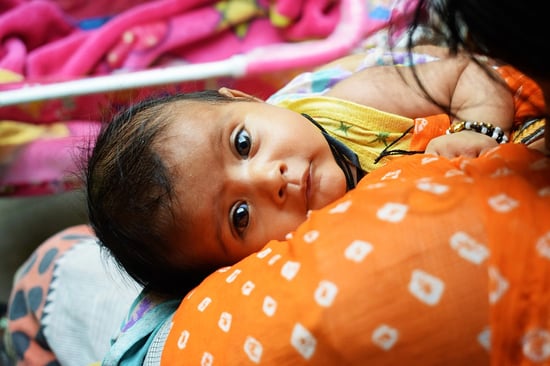
Pakistan has no statute that provides for the adoption of children; thus there is no law setting forth age, residency, or marriage requirements. In general, adoptions are a community matter in Pakistan. People often opt for informal adoptions according to their faith, outside the Family Courts. Such informal adoptions do not meet the criteria set forth in the U.S. law for the issuance of an immigration visa to an adopted child. Prospective adoptive parents must comply with U.S. legal requirements in the I-600 process and applicable provisions of the Guardians and Wards Act of 1890 in Pakistan.
Family Connections, Inc typically follows these guidelines:
Nationality – At least one Prospective Adoptive Parent should be of Pakistani descent (i.e. has a Pakistani birth certificate or NICOP/CNIC Pakistani Identity Card).
**There are no provisions prohibiting adoption by non-Pakistanis however obtaining documentation for the child after the decree of guardianship may be extremely difficult for non-Pakistanis.**
Marriage Status – Prospective adoptive parents can be either a single female or a married couple.
**Pakistan does not recognize same sex marriages or domestic partnerships.**
Income – Must meet the 125% of the federal guidelines for finances
Religion – According to the Guardian and Wards Act, religion is taken into account in determining the best interests of a child which includes placing children with guardians of the same faith. Pakistan is 96% Muslim, thus, abandoned children are presumed to be Muslim unless specified otherwise.

Important: If you have a particular child for adoption in mind—especially a relative—you will be encouraged to consult an immigration lawyer (approved by Family Connections,Inc.) or USCIS to assist you in determining whether the child meets the definition of orphan in U.S. law before proceeding.
Prospective adoptive parents should be aware that not all children in orphanages or children’s homes are adoptable. In many countries, birth parents place their child(ren) temporarily in an orphanage or children’s home due to financial or other hardship, intending that the child return home when this becomes possible. In such cases, the birth parent(s) have rarely relinquished their parental rights or consented to their child(ren)’s adoption.
Talk to your Primary Provider before accepting any referral.
Family Connections, Inc. offers our clients free access to an adoption finance coach who will help you plan out your finances and locate adoption loan and grant programs. Click here to learn about this great program!


Before you travel to Pakistan, it is important that you have your I600A Approval, along with the approval of your Primary Provider.
Before you travel, you should schedule a time to talk with your Primary Provider about the documents you should bring to Pakistan, along with other travel preparation to help you have a smooth trip.
Typically, families will make one, two, or three trips to Pakistan depending on their unique adoption process.
Most families will stay with relatives while in country, or make their own travel and hotel arrangements.
Most families are in Pakistan for the guardianship process for one, two, or three months. If a family is adopting two children, the process may take longer. At least one prospective adoptive parent should be prepared in country, the entire guardianship process.

Family Connections, Inc. will provided you with traveling prep as well as help or instruction once you are in Pakistan.
Family Connections, Inc. as your Primary Provider, will continue to provide you with ongoing support to assist your family with the transition home. We, also, require that your home study agency complete two post adoption reports, to offer another layer of support to your family.
Once you return home with your child, on an IR-4 Visa, you will need to finalize the adoption in the state where you reside. You will need to hire an attorney in your state to help you through this final step of the adoption process. Your Primary Provider can offer guidance and support as you finalize the adoption in the United States.
Once you have the adoption decree in the United States, you will need to send the documentation to your Primary Provider.
